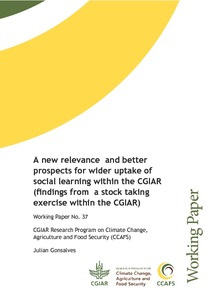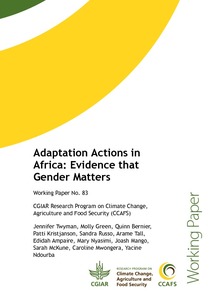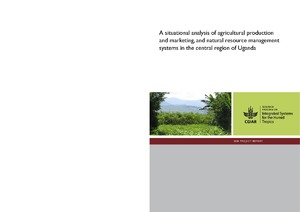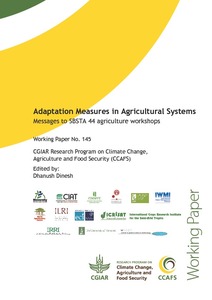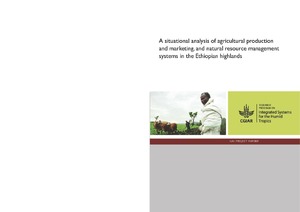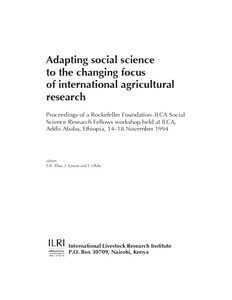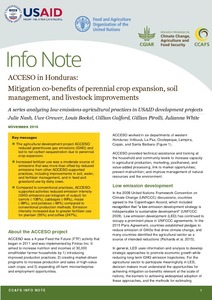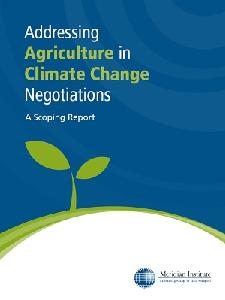A new relevance and better prospects for wider uptake of social learning within CGIAR
Relying entirely on survey information and personal exchanges with over 70 scientists from within the CGIAR network, this working paper attempts to achieve a better understanding of the scope of social learning related efforts undertaken in CGIAR and main issues of relevance to more current efforts, such as that planned by the CGIAR program on Climate Change Agriculture and Food Security (CCAFS). A wide range of methods was identified, where groups of people learn in order to jointly arrive at solutions to pressing food security problems.

